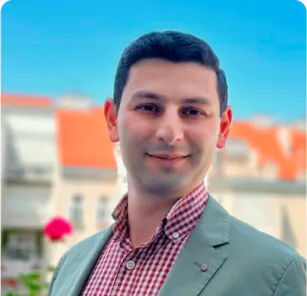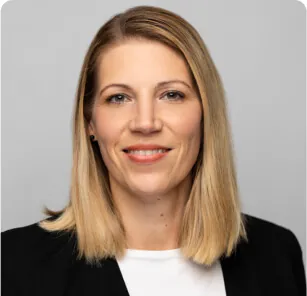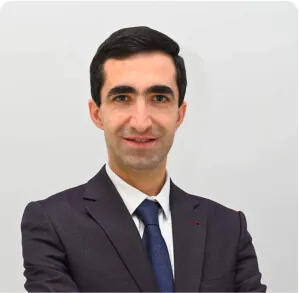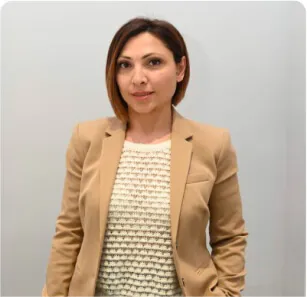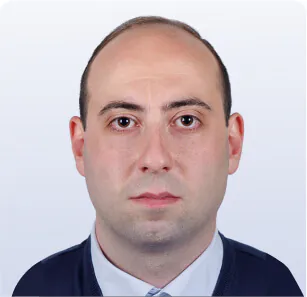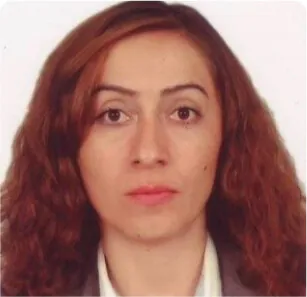Privacy Policy
General
The protection of your personal data is a major concern of ours. The University for Natural Resources and Life Sciences, Vienna (BOKU) places great emphasis on protecting the privacy of the users of its website. For that reason BOKU processes data exclusively in compliance with the GDPR and the Austrian Data Protection Act [Datenschutzgesetz/DSG]. This is why we are informing you in the following about which data we collect when you visit our website and for what purposes we process and use it.
This privacy policy will inform you about which personal data is collected when you visit the BOKU website and/or retrieve content from the “boku.ac.at” domain and for what purposes BOKU processes such data and how BOKU handles that data.
The privacy policy applies to those areas of the BOKU website whose content is publicly accessible, i.e. without prior registration (hereinafter referred to as “Publicly Accessible BOKU Website”).
In addition BOKU operates several web services which may only be used following registration and/or login. This particularly concerns registrations for lecture courses or examinations, prior registration for a degree programme, lecture course administration, including resource administration, the eLearning portfolio and other internet services. Additional personal data is collected and processed as part of these services (such as, e.g. name, student registration number, address) in order to provide the relevant services. More detailed information will be provided with the relevant services.
In addition, departments, institutes and service facilities of BOKU may operate their own websites, for which they are responsible in terms of the contents. More personal data may be collected on these websites than that which is contained in this privacy policy.
Collection and use of personal data
Data collected when visiting the website
When retrieving the Publicly Accessible BOKU Website those types of data are collected which are automatically transmitted during the use of the website. This data is logged in server log files and systems for the purposes of error analysis. This data includes:
- the IP address from which the website was retrieved, including proxies
- date and time of access
- type of retrieval (e.g. GET)
- retrieved URL, including server name
- access protocol (e.g. HTTP/1.1)
- HTTP response code
- file size
- response time
- type of content of the response
- previously visited URL (referrer URL)
- operating system and browser type (user agent)
- name of your internet service provider
The log files are stored for a period of three months.
BOKU processes this information for the purpose of creating anonymised user statistics, warranting proper operations and monitoring the performance of the website.
Cookies
The BOKU website uses so-called cookies. These are small data units which are stored on the end user’s terminal device when they visit the BOKU website.
This allows the website to remember certain entries and settings (e.g. login) for a certain period of time for as long as the cookie is saved.
The BOKU website uses cookies especially to adjust the presentation of the website for authenticated users and, in doing so, make use of the website as pleasant as possible. In addition cookies are used for analytical purposes to optimise BOKU’s systems and to improve the quality of the website.
Cookies may be deleted at any time via the relevant settings in the web browser. Moreover, cookies may also be generally deactivated via the relevant browser settings, however this may lead to restrictions in the usability of the BOKU website in some cases.
BOKU respects Do Not Track requirements.
Matomo, Web-Analyse
Use of data on the basis of consent
Disclosure of collected data
Right to information, rectification, erasure or restriction; Right to object; Possibilities to lodge a complaint with the Data Protection Authority
Pursuant to the statutory data protection provisions, in particular Articles 15 to 21 of the General Data Protection Regulation (GDPR), users may at any time request information regarding personal data concerning them, may have incorrect data rectified or erased or demand restriction of processing and/or object to the use of their data.
The relevant requests may be addressed to the offices listed in the “Contact details” section.
There is also the possibility for users who are logged into the BOKU website to make changes to personal data themselves in the case of specific services which are available for such users.
In addition, pursuant to Section 24 of the Austrian Data Protection Act [DSG] users have the right to lodge a complaint with the Data Protection Authority if they are of the opinion that the processing of personal data concerning them is in breach of the GDPR or the 1st or 2nd Main Part of the Austrian Data Protection Act.
Links to external websites (external links)
Data security
BOKU takes suitable and appropriate technical and organisational measures to protect the users’ data against accidental or unlawful destruction, loss and against access by unauthorised persons.
Contact details
• Controller
University of Natural Resources and Life Sciences, Vienna
Gregor-Mendel-Strasse 33
1180 Vienna
• Data Protection Officer
Muthgasse 11/2
1190 Vienna

